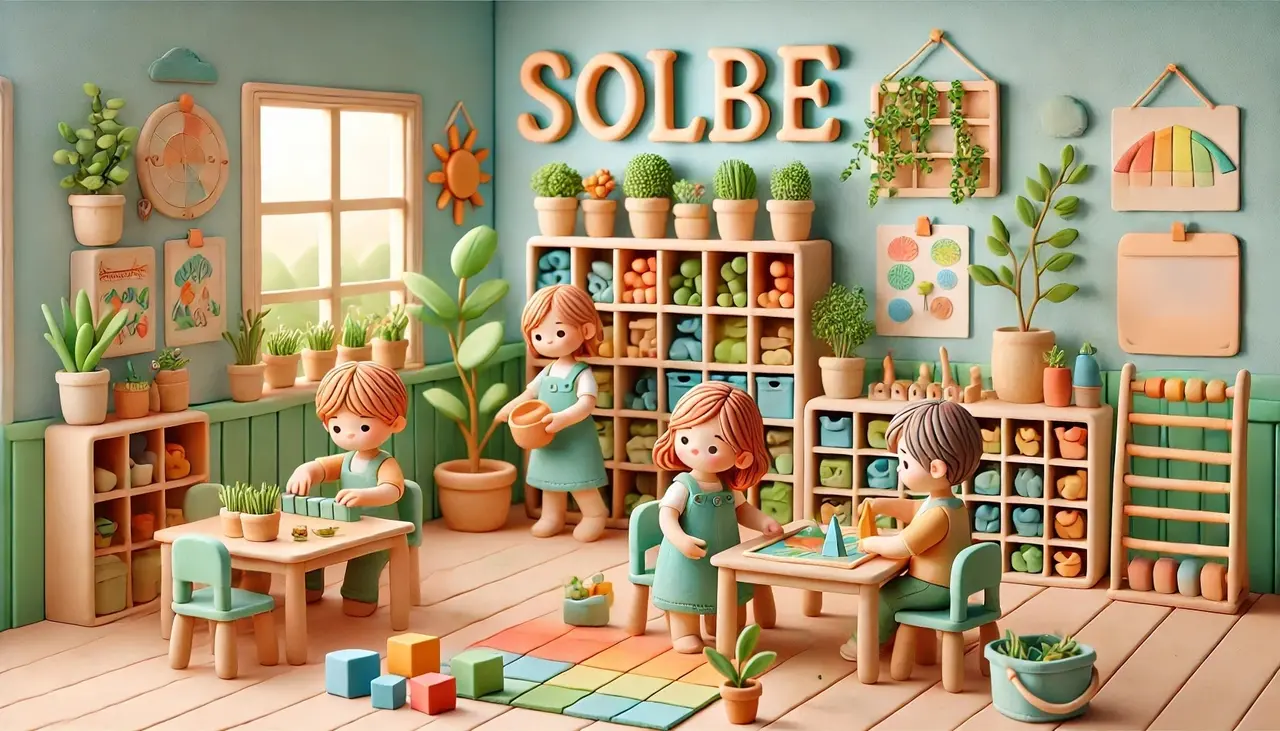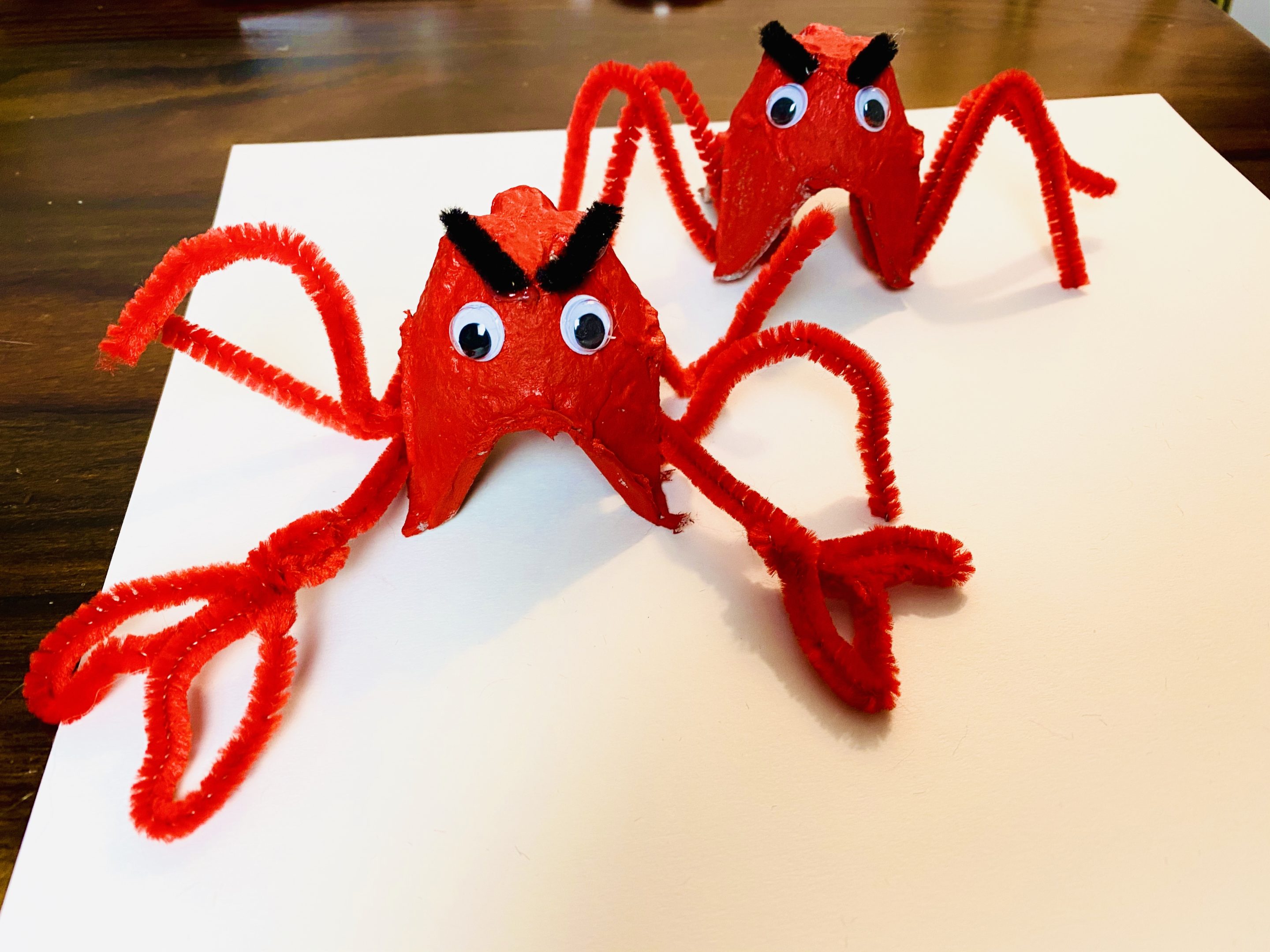SEL: Parent Social-Emotional Competence & Well-Being

“When you thrive, your child thrives.”
What You’ll Learn
- What is my role in supporting my child’s social-emotional development?
- Do I need to practice social-emotional learning?
- How can I improve my social-emotional competence?
If you’ve been keeping up with our latest SolBe blog posts, you’ll know all about social-emotional learning (SEL)—what it means, its effectiveness, what it looks like in practice, and the SEL developmental process. If you haven’t read these posts just yet, take my word for it, social-emotional learning is necessary. SEL is an opportunity to ensure the long-term success of all children, but did you know that SEL also benefits adults? Parents, this is for you. It’s not too late to continue building your own social and emotional competence, and here’s how you can do it.
A Parent’s Role in SEL
As a parent and expert in your child’s development, interests, curiosities, cultures, and strengths, you play an essential role in helping your child become a responsible, caring, and thriving individual. You are capable of promoting social-emotional learning throughout your child’s life, but you might be wondering, “How do I do this?”. Social-emotional skills can be taught, and during next week’s blog post, I will share strategies to support you in doing this at home. Today, I will share this important piece of information—children develop social-emotional skills only when taught by socially and emotionally competent adults. This means that the first step to promoting social-emotional learning is dependent on your social-emotional skills and well-being. When you thrive, your child thrives.
SEL for Parents
Social-emotional learning benefits everyone. Adults who focus on their social-emotional learning can parent more effectively and improve their well-being. In her review of research on SEL for teachers, Schonert-Reichl (2017), highlights that adults with high social-emotional competence demonstrate the following skills:
- Recognize their own emotions
- Use their emotions to positively motivate others
- Understand their capacity and emotional strengths and weaknesses
- Recognize and understand others’ emotions
- Work to build strong, supportive relationships
- Understand that others’ perspectives may differ from their own
Be mindful that these skills develop over time, even as an adult, and there is no expectation to demonstrate these skills perfectly or 100% of the time. For these skills to develop, parents need ongoing opportunities to reflect on their own social and emotional competence, as well as opportunities to practice, reflect on, and identify the social and emotional dimensions of parenting.
5 Tips for Parent SEL
Social-emotional learning is an ongoing process. Here are some tips on how you can practice and develop your social-emotional competence as a parent:
- Pause and Reflect: Reflect on what’s happening and how you are feeling in the moment.
- Practice Self-Care: Design a self-care routine to help manage stress and develop a positive emotional baseline.
- Self-Soothe and Regulate: Develop simple strategies, such as deep breathing, that help redirect your mood and ground yourself in the moment.
- Practice Self-Compassion: Feel all the emotions and allow yourself to make mistakes. When you feel you have made a mistake, show yourself kindness and know that you can learn and grow from what happened.
- Seek Support: Consider seeking help for your own emotional and psychological well-being. Taking care of yourself is an act of self-care and benefits your child.
Parent SEL: Books to Pair
In between raising your little human, here are some books I recommend to learn more about your social-emotional learning and how to promote this with your child.
- Confident Parents, Confident Kids: Raising Emotional Intelligence in Ourselves and Our Kids by Jennifer S. Miller
- Permission to Feel: Unlocking the Power of Emotions to Help Our Kids, Ourselves, and Our Society Thrive by Marc Brackett Ph.D.
- Raising Good Humans: A Mindful Guide to Breaking the Cycle of Reactive Parenting and Raising Kind, Confident Kids by Hunter Clarke-Fields MSAE
- The Gifts of Imperfection by Brené Brown
Empowering Takeaways
SEL benefits children and adults. Children’s social-emotional competence is dependent on the social-emotional competence of the adults in their lives. It is not too late to develop your social-emotional skills. Be vibrant and keep thriving! This article was last reviewed or updated on December 8, 2023.
About the author: Rebecca is the Head of Family Empowerment and Student Success at SolBe Learning. Rebecca has worked in the field of early education for over six years, with a passion for supporting the optimal development of young children and families. Rebecca holds a B.A. in early childhood education and sociology as well as an M.A. and license in school counseling.
Related Articles
Explore our latest insights and resources.

Using Your Voice Effectively: Intentional & Positive Phrases to Use With Your Child

Work and Family: 7 Strategies to Find Balance as a Parent

Understanding and Supporting Early Childhood Mental Health

Understanding and Monitoring Developmental Milestones

The Value of Process-based Learning

The Truth about Parenting: Being a Thriving Parent

The Curious & Creative Classroom

Social-Emotional Learning: Five Competencies and How to Teach Them at Home

Social Emotional Learning Part Five: Teaching Growth Mindset to Inspire Change

Social-Emotional Learning Part Three: Teaching Friendship to Inspire Change

Social Emotional Learning Part Two: Teaching Acceptance to Inspire Change

Social Emotional Learning Part Six: Teaching Empathy to Inspire Change

SEL: Parent Social-Emotional Competence & Well-Being

Social Emotional Learning Part Four: Teaching Respect to Inspire Change

Reflective Learning: 10 Meaningful Questions to Replace “How Was School Today?”

Prosocial Behavior: Strategies to Model, Practice and Praise

Ranking Boston Area Private Schools: Finding The Best Programs For Your Children

Prosocial Behavior: Encouraging Your Child To Practice Gratitude

Play is Work and Work is Play

Preparing a Learning-rich Environment

Nurturing Brain Development During the Window of Opportunity

Exploring Spanish Language Learning Through Play-Based Activities

Early Intervention: Identifying Support for Children Birth to Age Three

Developmental Screening: Acting Early and Advocating for Your Child

Daily at Home Project: Red House – Fun For All Greatest Hits & More

Daily at Home Project: Rainbow Painting and Make Your Own Ice Cream

Daily at Home Project: Pots, Pans, Colors & Rainy Day Brownies!

Daily at Home Project: Lid Matching and Animal Washing Station

Daily at Home Project: Making Music with The Very Noisy Bear

Daily at Home Project: Fine Motor Activities and Let's See Where a Dot Can Take You!

Daily at Home Project: Crazy Art from Silvana Carpio

Daily at Home Project: Baby Treasure Basket and Rocks of Hope

Daily at Home Project: Colander Pipe Cleaner and Pipe Cleaner Bubble Wands

Daily At-Home Project: Mix and Match Faces

Daily At-Home Project: Homemade Binoculars for Little Explorers!

Daily At-Home Project: Gratitude Jar

Daily At Home Project: Veggie Paint Making From Marlo
Stay Updated with SolBe
Join our newsletter for the latest insights and exclusive content on early learning and childcare.































































